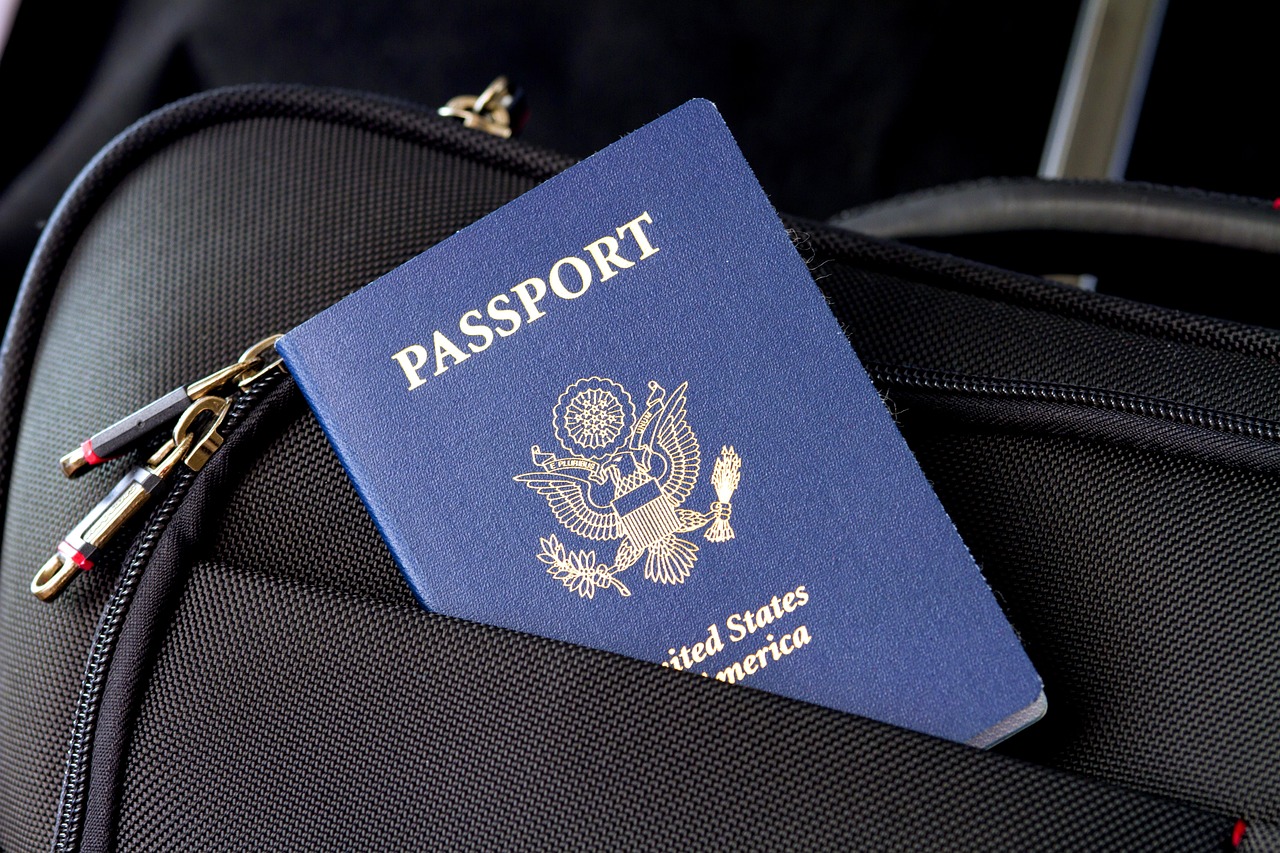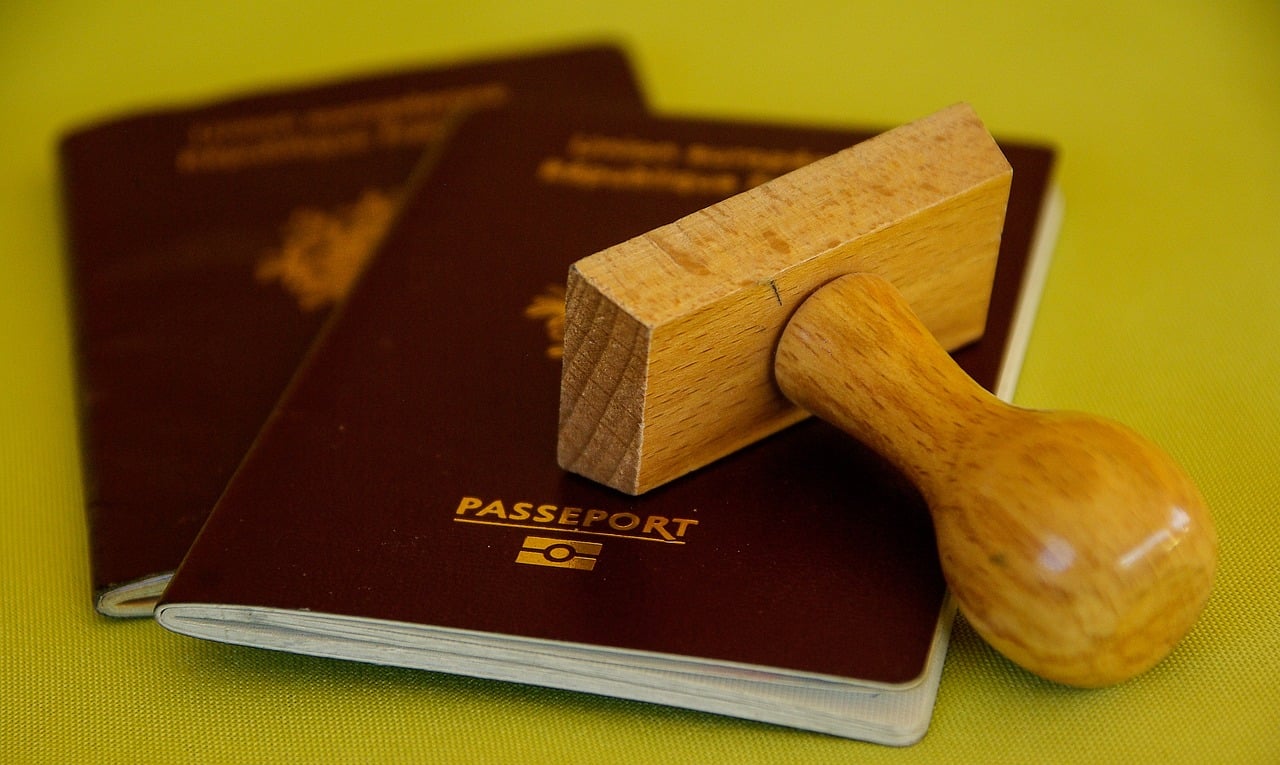
The passport is a document issued by the State.
A passport is a document made by a government that allows its citizens to leave one country and enter another. The passport - from the French passeport - represents authorization and legal consent to move internationally .
For example: "If we want to travel to Europe next summer, we will have to renew our passports" , "Víctor went to process the passport to travel to the United States and visit his family" .
Evolution of the passport
Passports have changed their characteristics over the years. In principle they did not have the person 's photograph and were limited to indicating their name, nationality and physical characterization along with the permission to leave and return to the nation.
The document soon became a booklet to record all the income and expenses of a State , in addition to including the photograph and signature of the subject in question. Visas (permissions from other nations to enter and leave their territory) were also added.
The use of special papers to protect the security and integrity of the document, perforations and photo printing through a photomechanical process were included to make passport falsification more difficult.
In recent years, some countries have developed electronic passports that include a chip with biometric data linked to the facial image of the document holder. In addition, personal information is recorded in a particular way so that it can be read automatically.

Depending on their passport, a person may or may not be authorized to enter a country.
The legality
The legality of the passport is very important since it is the essential document to enter a country.
However, many people resort to counterfeits, either to travel illegally or to traffic contraband substances or products.
Passport and discrimination
A person with dual nationality who wishes to enter a country has a benefit that unfortunately contrasts with the difficulties experienced by those who do not have the appropriate passport. From the airport or the train or bus station, depending on the means chosen to travel, a document makes a criminal cross the border almost without being subjected to control and a decent individual with a desire to progress in life is humiliated, questioned and threatened to try to change his mind and return to his nation .
Nationalism is as serious as a reality in which someone despises their country of origin and everything it has to offer them. It is common in certain parts of the world for a considerable percentage of the population to spend their early years longing to live somewhere else, be it the United States , Japan or England , and to grow up idealizing these places. In some cases, those who are descendants of immigrants have the opportunity to inherit their citizenship , which allows them to apply for the corresponding passport to fulfill their dreams.
In an ideal world, it would not be necessary to have a document to enter a country, much less to be treated with decency and respect . It is absurd that those who flee their nation in search of a more just reality and with more opportunities, often collaborate with this discriminatory system , either because they enjoy that unfair trust that a piece of paper gives them or because they voluntarily submit to scrutiny. You should only receive one package.
We have created a system in which we are nothing more than numbers, titles, nations; We carry labels that precede us and that speak for us, they represent us in an imprecise, summarized and unfair way. We are prisoners of our geographical origin, with all its positive and negative connotations, which are based on generalizations and seek to maintain firm the barriers that separate us from our peers .
